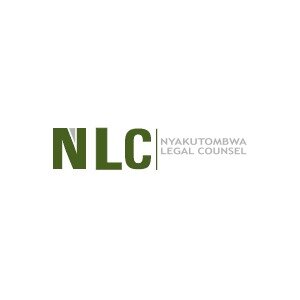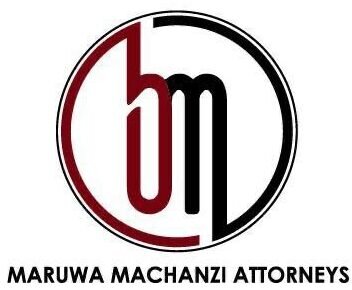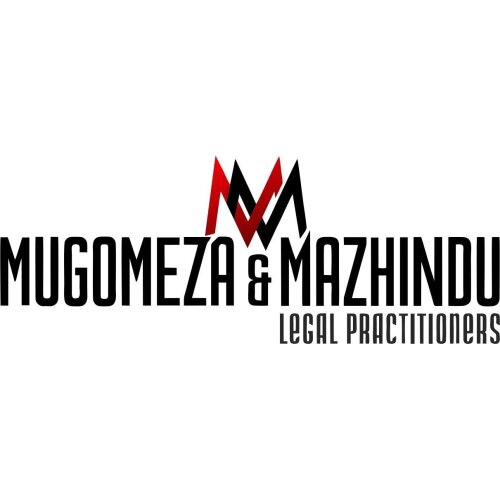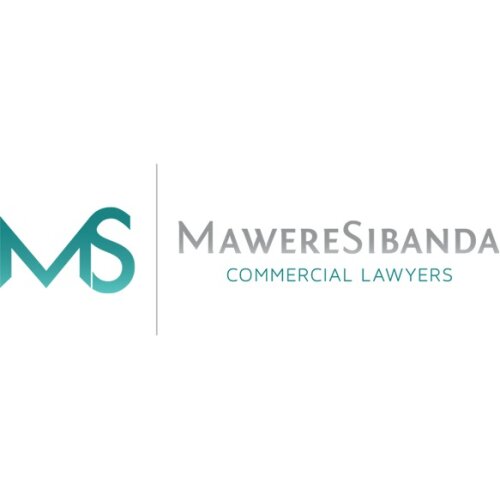Best Public-Private Partnerships (PPP) Lawyers in Harare
Share your needs with us, get contacted by law firms.
Free. Takes 2 min.
List of the best lawyers in Harare, Zimbabwe
About Public-Private Partnerships (PPP) Law in Harare, Zimbabwe
Public-Private Partnerships (PPP) are collaborative agreements between government agencies and private sector entities that aim to finance, build, and operate projects such as public infrastructure, services, or utilities. In Harare, Zimbabwe, the government actively seeks to engage private sector resources and expertise to address public needs, ranging from road construction to water sanitation and energy projects. PPP arrangements are typically framed through detailed contracts that specify the roles and responsibilities of each party, profit-sharing mechanisms, risk allocation, and timelines for deliverables.
The legal framework for PPPs in Zimbabwe is designed to strike a balance between public interest and the efficiency of private sector operations, fostering a mutually beneficial relationship. The city of Harare presents numerous opportunities for PPPs, making it important to understand the applicable laws and procedures if you are a potential investor, contractor, or public entity considering a partnership.
Why You May Need a Lawyer
PPPs are complex projects that raise unique legal considerations. You may need a lawyer for several reasons related to PPPs in Harare, including:
- Guiding you through tendering and bidding processes
- Preparing and negotiating PPP contracts
- Advising on risk allocation and dispute resolution mechanisms
- Ensuring compliance with local and international investment laws
- Navigating partnership structuring and financing options
- Assisting with regulatory approvals, permits, and compliance with environmental and social standards
- Protecting your interests in the event of contract breaches or project failure
- Advising on tax implications and incentives related to PPP projects
- Handling land acquisition, property rights, or project site issues
- Representing you in negotiations with governmental bodies or dispute resolution forums
Given the financial and reputational stakes involved, legal guidance can be critical to the success and security of your involvement in a PPP project.
Local Laws Overview
Several key statutes regulate PPPs in Harare, Zimbabwe. The most prominent is the Joint Ventures Act [Chapter 22:22], which provides a legal foundation and framework for public-private collaboration. Under this Act:
- A Joint Ventures Unit, operating under the Ministry of Finance and Economic Development, is tasked with overseeing PPP projects
- All PPP projects valued above a certain financial threshold must undergo stringent approval processes involving feasibility studies and stakeholder consultations
- Transparent tendering and competitive bidding are mandatory to ensure fairness and value for money
- PPP contracts must clearly outline performance standards, monitoring mechanisms, dispute resolution methods, and termination procedures
- Foreign investors must align with the laws on investment protection and, in some sectors, indigenisation requirements
Other important laws that may impact PPPs include the Public Procurement and Disposal of Public Assets Act, the Zimbabwe Investment and Development Agency Act, and relevant environmental protection and urban planning regulations.
Frequently Asked Questions
What is a Public-Private Partnership (PPP)?
A PPP is a contract-based arrangement between a government agency and a private entity to deliver public infrastructure or services, sharing resources, risks, and rewards.
Who oversees PPP projects in Harare?
The Joint Ventures Unit, which falls under the Ministry of Finance and Economic Development, supervises PPPs in Harare and throughout Zimbabwe.
What types of projects are commonly handled through PPPs?
Examples include roads and highways, water and sanitation infrastructure, healthcare facilities, power generation plants, and public housing developments.
How does the tendering process for PPPs work?
Projects are publicly advertised, allowing interested parties to submit bids. The evaluation process is competitive and based on predefined criteria intended to ensure fairness and transparency.
Are foreign investors allowed to participate in PPPs?
Yes, foreign investors can participate in PPPs in Zimbabwe, though certain sectors may have restrictions or indigenisation requirements. Legal advice is recommended to navigate these nuances.
How are disputes in PPPs resolved?
Disputes can be settled through negotiation, mediation, arbitration, or litigation, depending on the dispute resolution provisions specified in each PPP contract.
What are the main risks for private partners in PPPs?
Risks include changes in law or policy, financing and repayment challenges, project delays, cost overruns, and potential government default or termination of contracts.
How long do PPP contracts in Harare typically last?
The contract duration varies depending on the project type and scale but often ranges from 10 to 30 years, allowing the private partner to recoup investment and profits.
What government approvals are required for a PPP project?
Projects must be approved by the Joint Ventures Unit, relevant sectoral ministries, and, in some cases, the Cabinet. Environmental and local authority clearances may also be required.
What happens at the end of the PPP contract?
Upon contract expiry, assets and operations typically revert to the government, unless otherwise specified. Provisions for transition and handover are included in the contract.
Additional Resources
If you are seeking more information or guidance on PPPs in Harare, the following resources can be useful:
- Joint Ventures Unit (Ministry of Finance and Economic Development)
- Public Procurement Regulatory Authority of Zimbabwe
- Zimbabwe Investment and Development Agency
- Zimbabwe Lawyers for Human Rights (for legal referral services)
- Chamber of Mines of Zimbabwe (if your PPP relates to mining)
- Confederation of Zimbabwe Industries (for networking and business support)
- Harare City Council (for municipal PPPs and local procedures)
Next Steps
If you are considering involvement in a PPP in Harare, Zimbabwe, your next steps should include:
- Consulting with a legal professional experienced in PPPs and local Zimbabwean law
- Identifying the type of PPP project and the applicable regulations
- Gathering necessary business and financial documentation
- Engaging with relevant government bodies and the Joint Ventures Unit
- Ensuring compliance with all approval and tender requirements
- Reviewing potential partners for credibility and capability
- Focusing on clear contracts, risk assessments, and dispute resolution mechanisms
Above all, early legal advice can help you navigate the complexities and prevent costly mistakes in your PPP journey.
Lawzana helps you find the best lawyers and law firms in Harare through a curated and pre-screened list of qualified legal professionals. Our platform offers rankings and detailed profiles of attorneys and law firms, allowing you to compare based on practice areas, including Public-Private Partnerships (PPP), experience, and client feedback.
Each profile includes a description of the firm's areas of practice, client reviews, team members and partners, year of establishment, spoken languages, office locations, contact information, social media presence, and any published articles or resources. Most firms on our platform speak English and are experienced in both local and international legal matters.
Get a quote from top-rated law firms in Harare, Zimbabwe — quickly, securely, and without unnecessary hassle.
Disclaimer:
The information provided on this page is for general informational purposes only and does not constitute legal advice. While we strive to ensure the accuracy and relevance of the content, legal information may change over time, and interpretations of the law can vary. You should always consult with a qualified legal professional for advice specific to your situation.
We disclaim all liability for actions taken or not taken based on the content of this page. If you believe any information is incorrect or outdated, please contact us, and we will review and update it where appropriate.

















